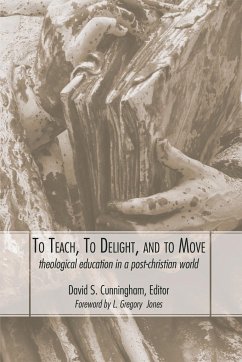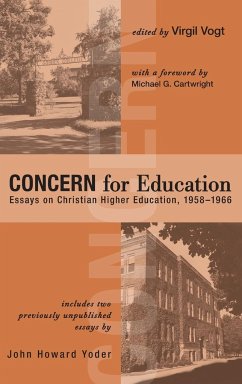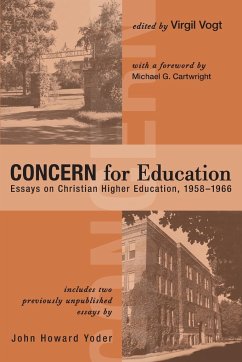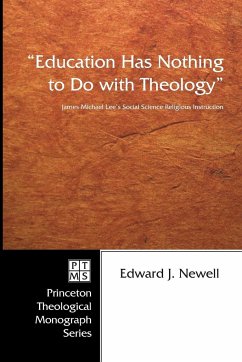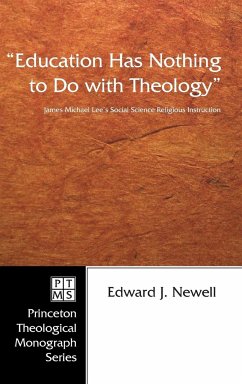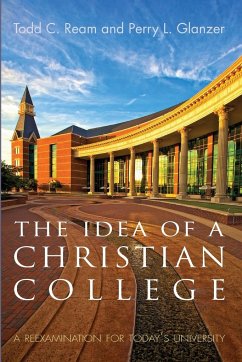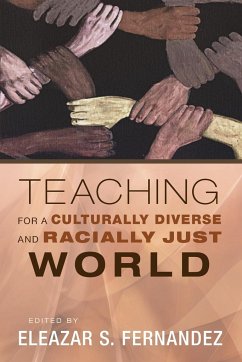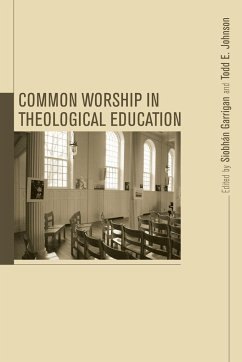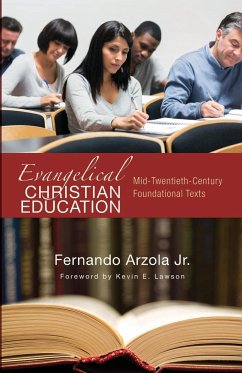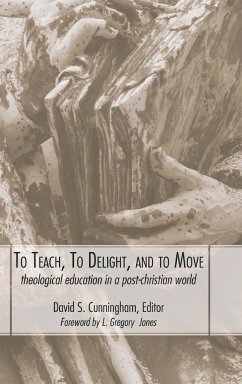
To Teach, To Delight, and To Move
Versandkostenfrei!
Versandfertig in 1-2 Wochen
52,99 €
inkl. MwSt.

PAYBACK Punkte
26 °P sammeln!
This book initiates a new conversation about how theological education might be re-envisioned for the twenty-first century church. The prevailing curricular structure in today's seminaries and divinity schools was fashioned in a very different era, one that assumed the continued cultural dominance of Christianity and the continued academic dominance of the canons of Enlightenment reason. Neither assumption is viable in today's post-Christian world; hence, our new circumstances demand a new vision for theological education. The authors of this volume offer an important resource for this project...
This book initiates a new conversation about how theological education might be re-envisioned for the twenty-first century church. The prevailing curricular structure in today's seminaries and divinity schools was fashioned in a very different era, one that assumed the continued cultural dominance of Christianity and the continued academic dominance of the canons of Enlightenment reason. Neither assumption is viable in today's post-Christian world; hence, our new circumstances demand a new vision for theological education. The authors of this volume offer an important resource for this project through their creative appropriation of the classical rhetorical tradition, particularly as it has been rehabilitated in the contemporary context. Like St. Augustine, they believe that the chief goals of Christian theology are similar to those of classical rhetoric: ""to teach, to delight, and to move."" And the authors are united in their conviction that these must also be the goals of theological education in a post-Christian era. This volume arises out of a passionate commitment to the cause of theological education. The authors hail from a wide range of denominational traditions and have taught in numerous seminaries and divinity schools. They have also studied the classical and postmodern rhetorical traditions in both theory and practice. They met as a group on numerous occasions to read one another's contributions to the volume and to offer guidance for the process of rewriting. As a result, this book is much more than a mere collection of essays; it is a jointly-authored work, and one which presents an integrated vision for the future of theological education.



